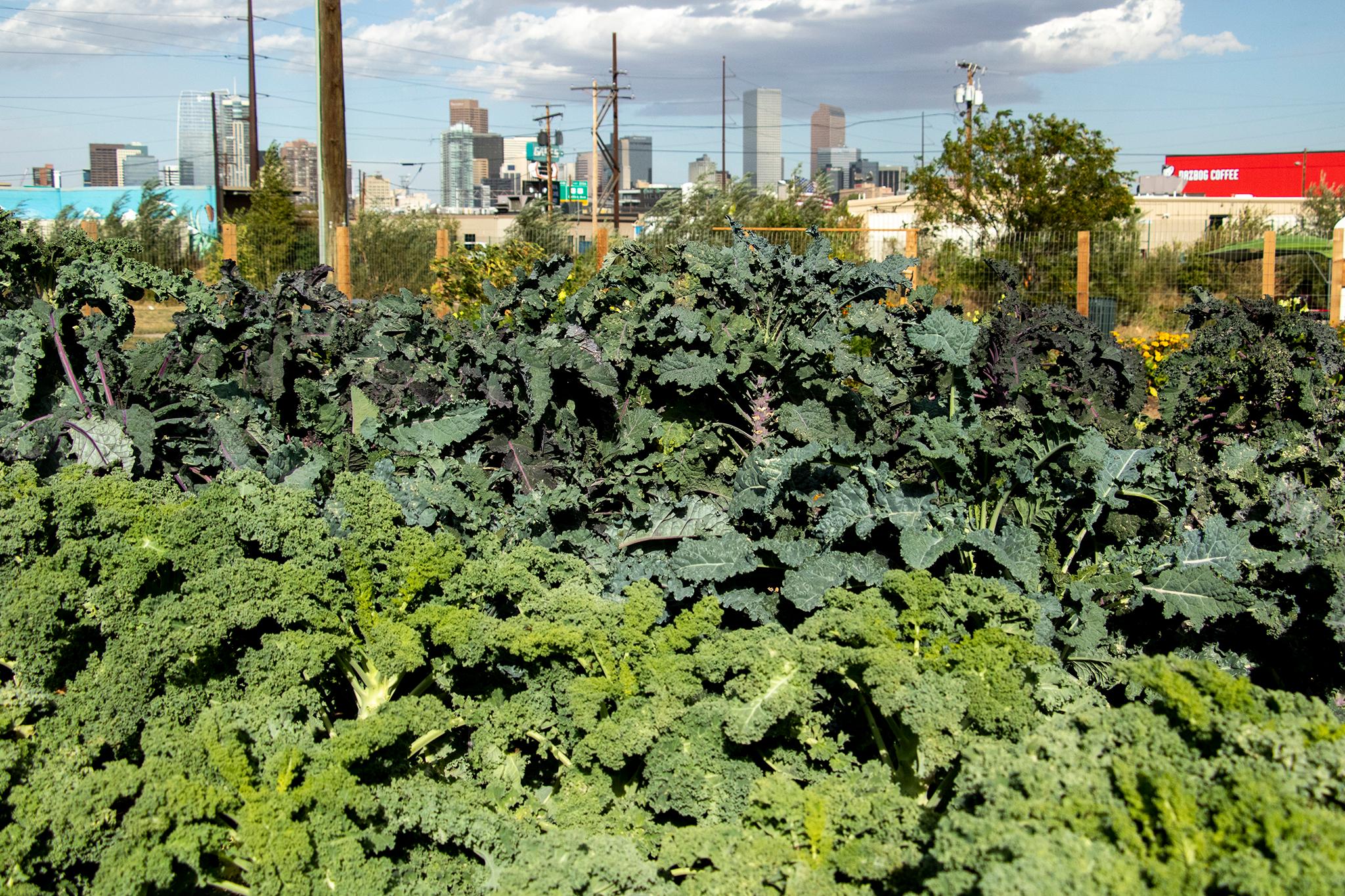Last month, a group of people working for Denver Urban Gardens, the nonprofit that runs community soil plots in town, announced they were making a run at a union. Last week, they got what they wanted.
On Sept. 4, management and union members signed an agreement to voluntarily recognize the new union, meaning organizing employees did not need to hold an election to decide whether they'd bargain collectively with their bosses.
"Denver Urban Gardens' leadership and board have voluntarily recognized Denver Urban Gardens Workers United," their board president, Brooke Gabbert, said in a statement. "We are collectively committed to supporting the best interests of all employees, partners, and the communities we serve, and look forward to furthering our vision and mission throughout metro Denver and across the nation."
Employees we spoke to were pretty jazzed.
Shay Moon, the nonprofit's food access program coordinator, emphasized that this union push was not about substandard working conditions.
"We are quite happy with what we do and how we are paid," he told us over the weekend. Instead, the move was about "formalizing things that we want to stay protected forever."
His colleague, community events manager Caroline Sprague, said she was overjoyed to receive confirmation of management's voluntary recognition last Friday.
"I'm feeling overjoyed. I feel really grateful that we'll be able to enter into this new phase at the union within DUG," she told us.
She was particularly pleased with the "feeling of respect" she got from management as they worked through their bid to organize.
"We didn't experience any union busting. We didn't experience any bad-faith actions by the board or by the staff," Moon added. "This process was pretty quiet."
A seamless process like this has not been the norm.
There's been a spate of union pushes across town in the last few years. Most employee groups were forced to hold elections since their managers refused to voluntarily recognize them.
Employees at the Mercury Cafe said in a statement this week that they voted to form a union on Aug. 22, and faced "unlawful firings and other retaliation" after they began organizing in July.
Employees at Urban Peak, the nonprofit that provides shelter for young people experiencing homelessness, also had to stage an election.
A federal judge also ruled that Starbucks violated labor laws when the company fired a union organizer from their coffee shop on East Colfax Avenue.
Sprague noted that employees organizing at other food-access nonprofits in the state have faced harsh responses from management.
Sprague also said she heard from a lot of people involved in these unions as they pursued their own at DUG, all of whom cheered them on.
Moon said management's acquiescence preserved some stability within the organization.
"Everyone would have been frustrated by an election. It would have introduced a level of controversy in the workplace and a level of scrutiny from the public," he said.
Sprague said she was feeling "relief, gratitude, excitement and determination."
Editor's Note: DUG Executive Director Linda Appel Lipsius is on Colorado Public Radio's Board of Directors.












